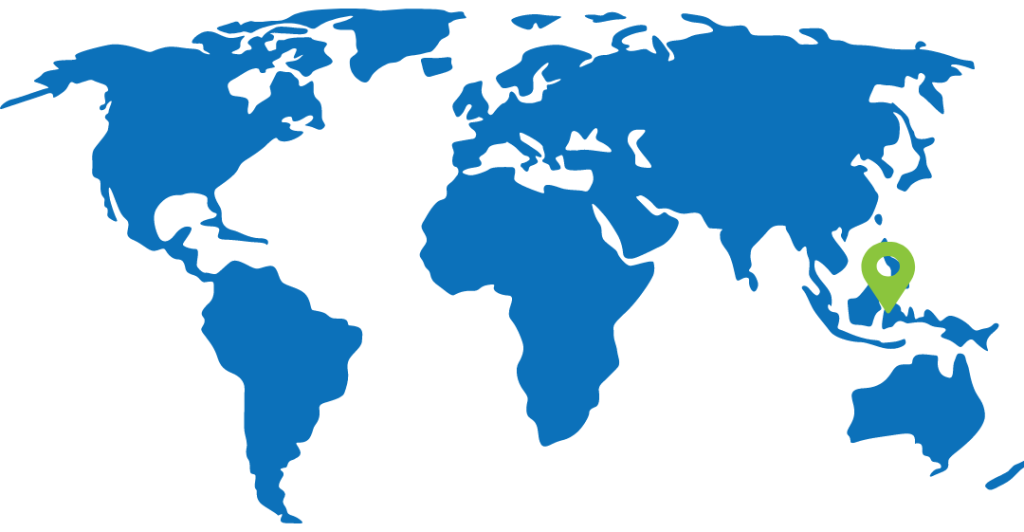On May 18, 2025, Indonesia’s Ministry of Communication and Digital officially implemented Decree No. 43 of 2025, setting forth updated technical standards for Free Space Optics (FSO) telecommunications devices. The decree, issued by the Directorate General of Digital Infrastructure, repeals the previous 2022 regulation and aims to align the country’s compliance framework with advancements in FSO technology.

Scope of Regulation and Certification Requirements
Under the new framework, all FSO devices that are manufactured, assembled, imported, sold, or operated in Indonesia must comply with the technical specifications detailed in the decree. Certification under the national telecommunications equipment scheme is mandatory and hinges on the successful completion of several assessments:
Power systems must support both AC and DC inputs, with compliance confirmed under nominal voltage (220V ±10%) and frequency (50Hz ±2%) conditions.
Electrical safety must meet SNI IEC 60950-1 or 62368-1 standards, including evaluation of dielectric strength and leakage current.
Electromagnetic compatibility (EMC) emissions are restricted to Class B levels as defined in SNI CISPR 32, with separate thresholds for radiated emissions, AC/DC port conduction, and network cable emissions.
To receive certification, applicants must submit test reports confirming compliance with these standards and a declaration of conformity with IEEE 802.3 (for Ethernet interoperability).
Laser Classification and Location Controls
Laser safety is a central element of the new technical standards. The decree enforces classification and access controls for FSO devices using laser sources, in accordance with IEC 60825-1 and 60825-12. Laser types permitted depend on installation location, which falls into four categories: unrestricted, restricted, controlled, and inaccessible.
Only classes 1, 1M, 2, 2M, and 3R are permitted in unrestricted areas.
Class 3B devices are limited to controlled environments with strict administrative and technical safeguards.
Devices for point-to-point uplink communication must feature an Automatic Power Reduction (APR) mechanism, which automatically reduces laser output when obstructions are detected.
Special Conditions for Higher-Powered Devices
FSO transmitters that utilize class 2, 2M, 3R, or 3B lasers must fulfill additional administrative requirements during the certification process:
A formal agreement with a licensed telecommunications network operator must be submitted.
The applicant must sign a declaration stating the device will only be sold to such operators and not distributed on the open market.
These conditions are intended to prevent the uncontrolled use of high-powered laser systems and ensure only authorized entities handle such devices.
Support for Existing Test Reports
Importantly, test reports issued prior to May 18, 2025, may still be used for certification as long as they do not contradict the provisions of the new decree. This transitional allowance provides continuity for manufacturers and importers with ongoing certification applications.
In addition to laser and power specifications, the regulation standardizes communication protocols for FSO devices. Ethernet interfaces must comply with IEEE 802.3, while devices utilizing SDH technology must conform to relevant ITU-T Recommendations (e.g., STM-16 and STM-64). These requirements ensure seamless integration with national and international telecommunications infrastructure.
For this article’s source information and any product certification guidance, please contact Global Validity.
Quick Country Facts
Indonesia
Certification Body:
- Previous Name: Direktorat Jenderal Sumber Daya dan Perangkat Pos dan Informatika Republik Indonesia (SDPPI)
- Current Name (As of Jan 2025): DJID (Direktorat Jenderal Infrastruktur Digital)
- Learn more about the agency name update here
Certification Type: Mandatory
License Validity: 36 Months
Application Language: English
Legal License Holder: Importer
In-Country Testing Requirement: In-Country Testing
The regulatory information above is based on radio type approval certification. Access additional certification requirements in over 200 countries and territories with Global Validity’s free proprietary product certification management software, Access Manager. Learn more about the platform here or fill our quick contact form!
Global Validity is your partner for global certification success
Want to learn more about regulatory compliance and how we can help? Simply fill out the form below and we’ll be in touch!
